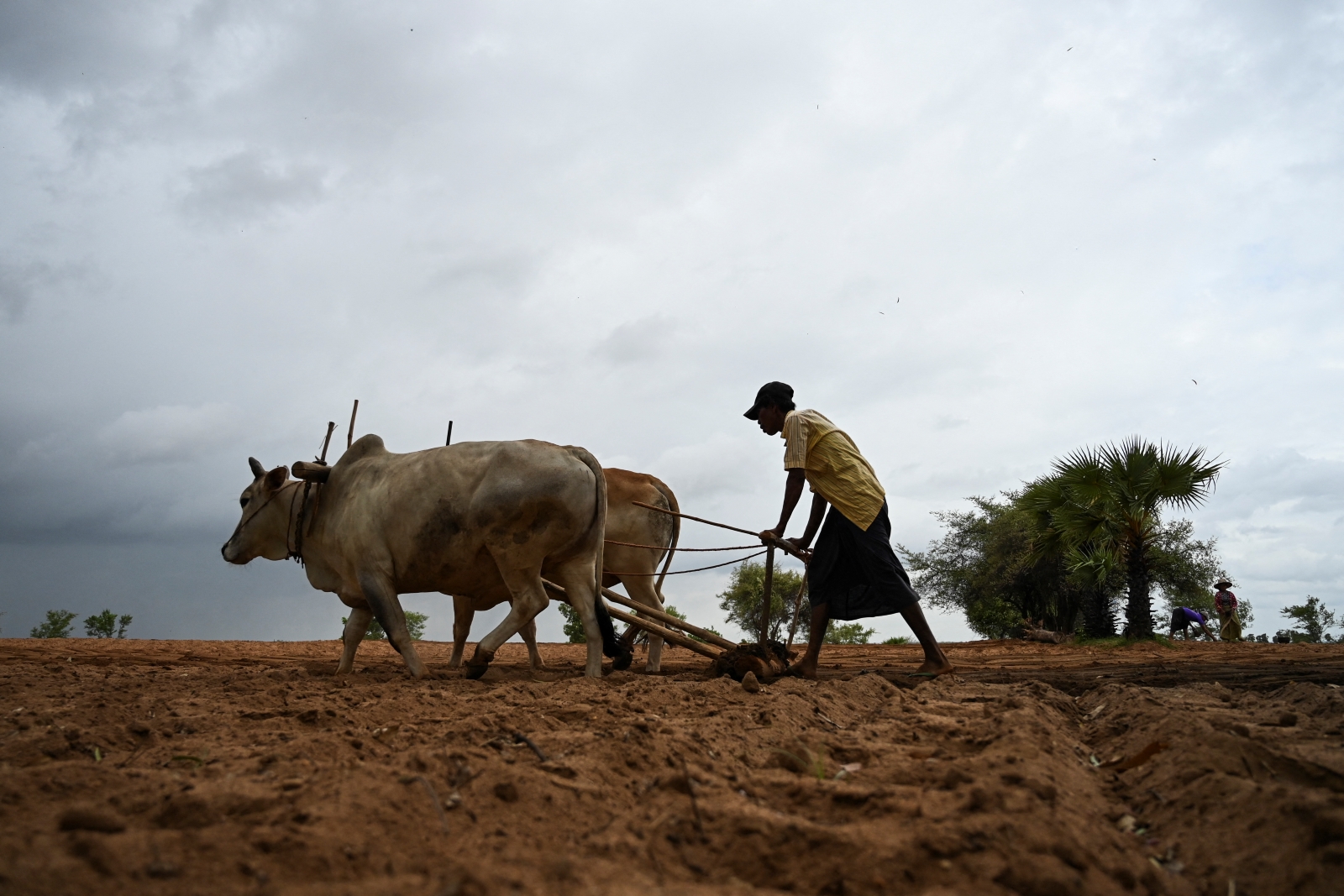By KO KO AUNG | FRONTIER
The property sector is not expected to recover from a slowdown that started late last year until after the November 8 election, say real estate agents.
They said weaker demand, including for condominium and apartment units, and a reluctance by investors to spend on real estate and other projects because of uncertainty about the election result, had contributed to a cooling of the market since the last quarter of 2014.
The government had also stopped investing in big projects, leading to a cooling of the economy that had affected all sectors, including real estate, they said.
“It’s not only the real estate market but also other business that is cooling down throughout Myanmar,” Moe Lwin Real Estate Services managing director U Min Cho Oo, told Frontier.
Support more independent journalism like this. Sign up to be a Frontier member.
“Business people are watching to see what happens in the coming election,” U Min Cho Oo said, adding that he expected the real estate market to regain momentum after the vote.
The decision to cancel the US$300 million Dagon City 1 development and four other projects on former military-owned land near the Shwedagon Pagoda had also made some people hesitant to invest in real estate, he said.
His comments were echoed by U Than Oo, the managing director of Mandaing Real Estate Service, who said all business sectors had slowed down.
Despite the downturn, some real estate agents were optimistic about better times after the election.
“The real estate market is getting cool but after the election it will be fine again,” said U Sai Khon Naung, the general manager of the Sai Khon Naung real estate agency.
The market is cooling down but it will not burst, he said, adding that the situation was the result of unstable market conditions as well as the forthcoming election.
Independent real estate broker Ko Hla Than Oo also predicted a recovery after the election, saying the current market situation was temporary.
The government cannot meet the huge demand for housing for Yangon’s six million residents, Ko Hla Than Oo said. Demand could only improve because of the constant flow of people from rural areas to Yangon, he said.
Real estate prices have soared since 2012, with land in prime locations in Yangon being among the most expensive in the region.
U Min Cho Oo said the skyrocketing real estate prices were the result of a range of factors, including optimism after the transition to a more democratic government in 2011, the relaxation of restrictions on vehicle imports, a surge in foreign investment, and a massive increase in demand for accommodation and office space because of an influx of foreigners.
Another factor had been behind- the-scenes Chinese investment in real estate, U Min Cho Oo said.
U Than Oo said a move by the Yangon Region government in October 2013 aimed at curbing the sharp increase in real estate prices by introducing fixed tax rates on property sales had achieved some success and was another reason for an easing of market demand.






